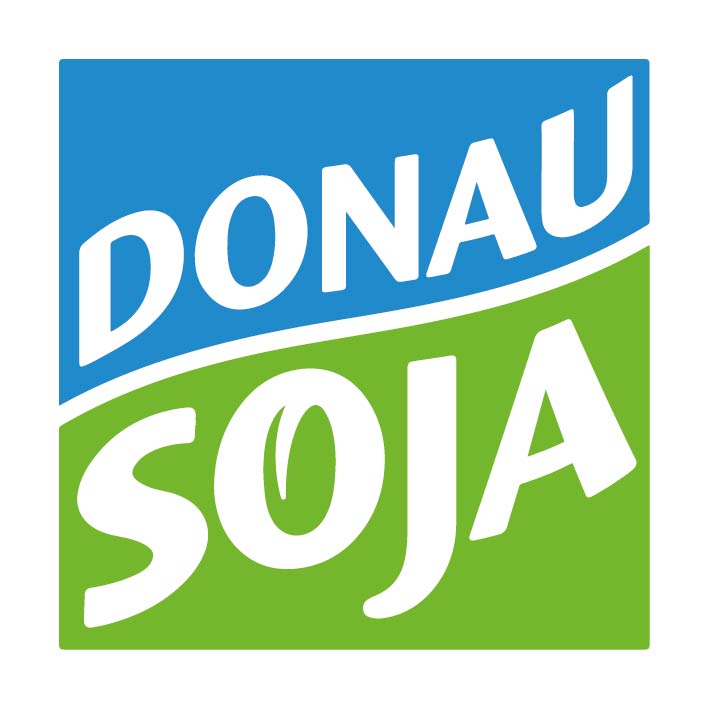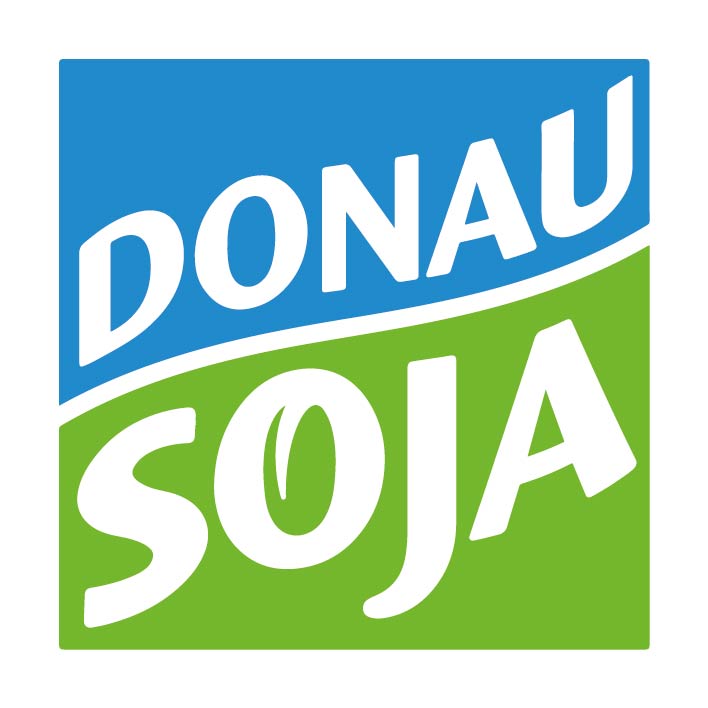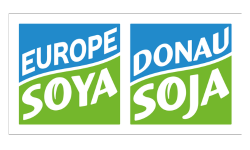Egg production in Austria is European champion in climate and environmental protection
Vienna. Austria’s laying hen farmers have avoided one million tonnes of the harmful greenhouse gas CO2 since switching to feeding with Donau Soja in 2013 to date. This is more than the amount of CO2 emitted annually by the population of Klagenfurt. “This makes Austria’s egg production the European champion in climate protection: anyone who consumes eggs from Austria is actively helping to protect the climate and valuable rainforests. Instead of soy from the rainforest, much more soy from farmers in the Danube region should be fed”, says Matthias Krön from Donau Soja.
In 2013, Austria’s egg producers switched to Donau Soja – GMO-free soy feed produced in Europe. This reduces CO2 emissions by one kilogram per kilogram of egg compared to the Western European standard, which feeds overseas soy meal. Annually, 110,000 metric tonnes of CO2 equivalents could thus be avoided. This now totals around one million metric tonnes of CO2 since the changeover nine years ago.
This long-standing commitment to feeding Donau Soja has brought great benefits to soy farmers and growers because it ensures regular off-take of their soy crop. Growing legumes like soy also improves crop rotation in Europe and saves nitrogen fertilizer, because soybeans get their fertiliser from the air. Consumers also benefit because they can rely on using sustainable soy produced in Europe. It is GMO-free and does not endanger sensitive ecosystems. “Anyone who buys eggs with the Danube Soy logo is an active climate protector and partner of Austrian egg farmers and soy farmers in the Danube region,” says Krön.
Currently, just under two billion eggs are produced annually in Austria. About 1.7 billion of these are Donau Soja eggs, the rest are organic eggs. “We are pleased that the Austrian food trade relies 100 percent on domestic eggs with the AMA label of quality and on Donau Soja feed. We appreciate the long-standing, trusting cooperation with our partners along the value chain. Only in this way was it possible for domestic laying hen husbandry to develop into a pioneer of socially accepted, particularly animal and environmentally friendly poultry husbandry throughout Europe. We would like to thank the Donau Soja Association for the good cooperation that has now lasted almost ten years,” says Michael Wurzer of the Central Poultry Industry Working Group (ZAG). ZAG is committed to ensuring that Austrian laying hen farms will continue to feed only Danube Soy despite the tough competitive conditions on the market.
Download press photo (c) Donau Soja


